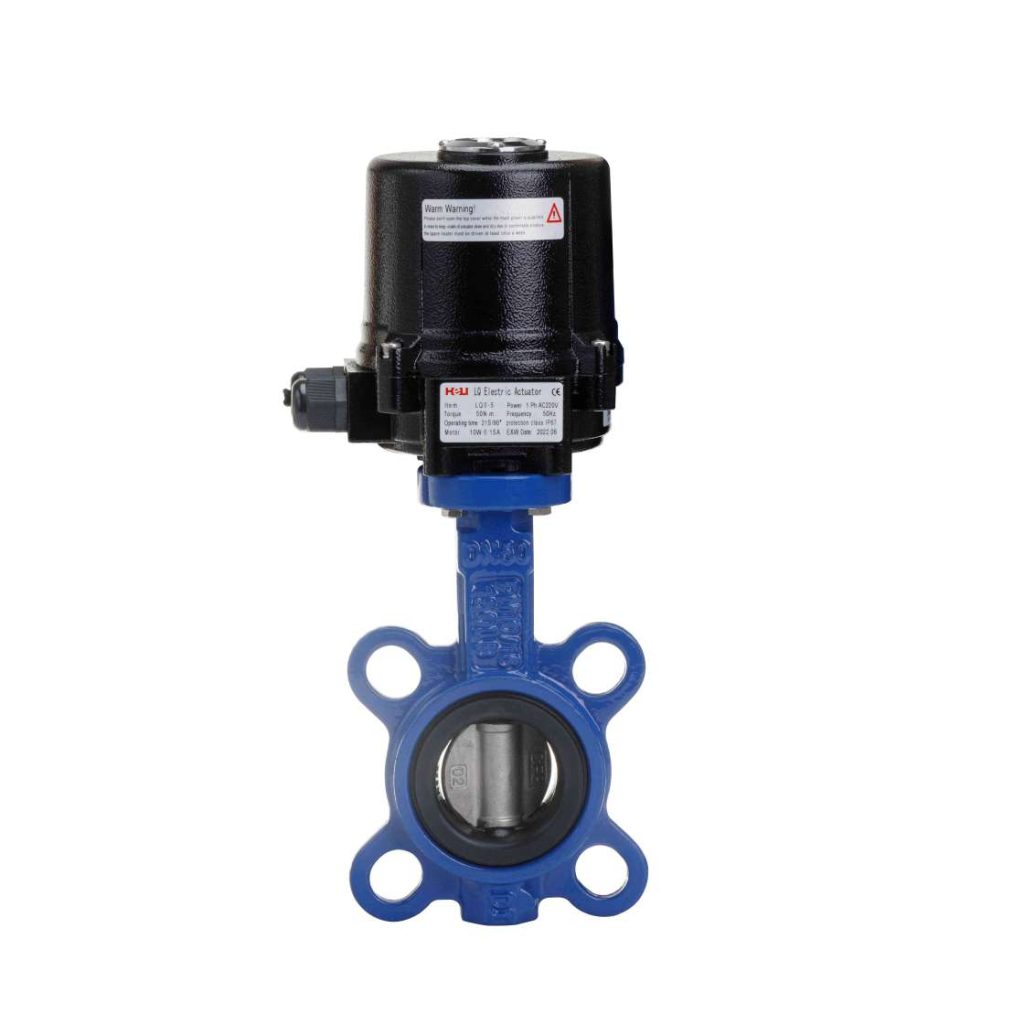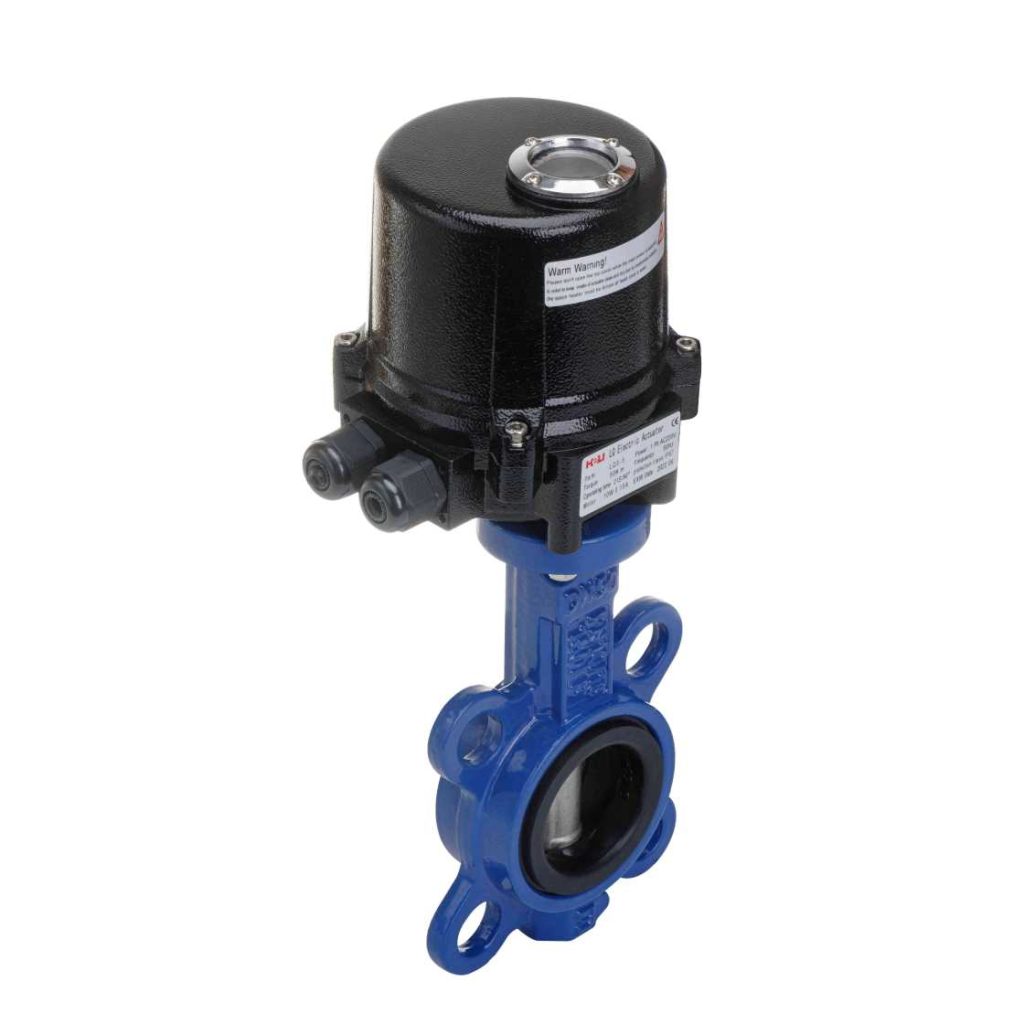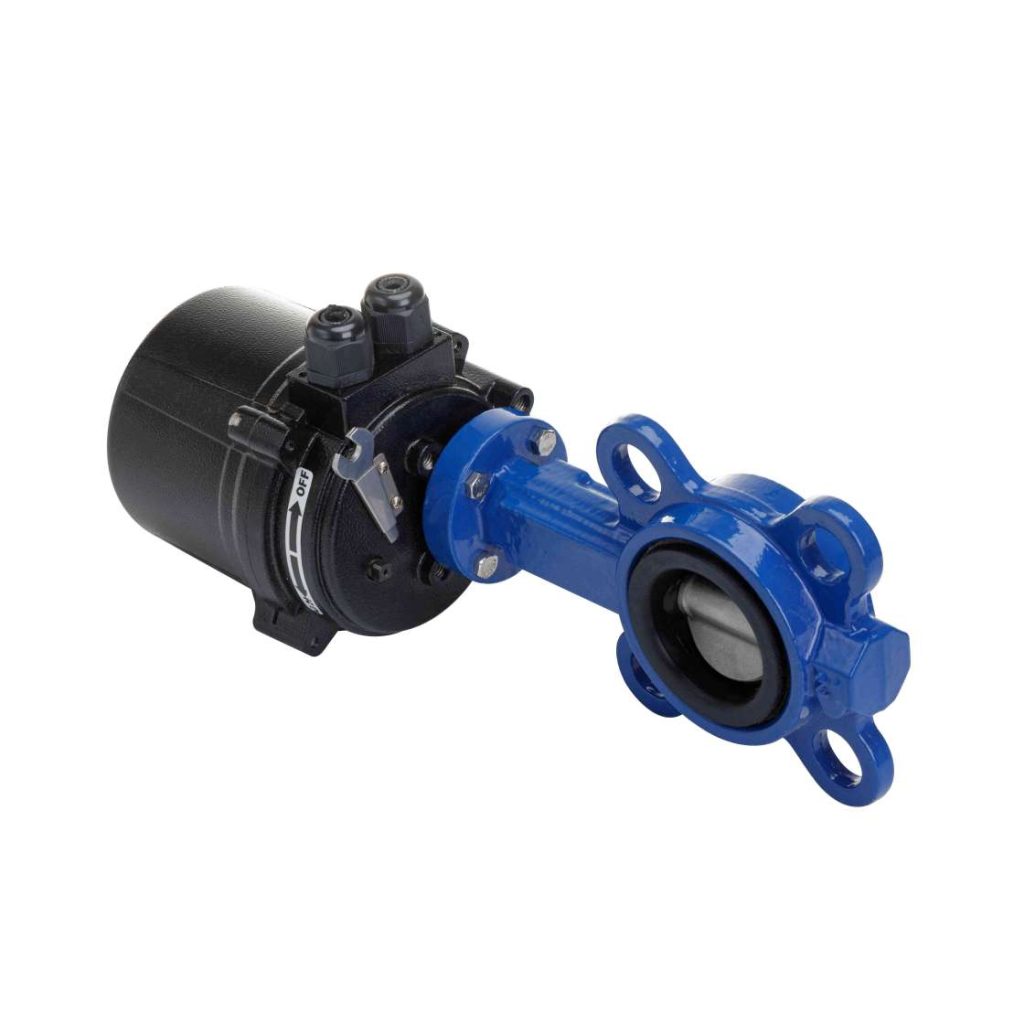In the world of modern agriculture, efficient water management is essential to ensure crop health, optimal yield, and sustainability. One of the most important innovations in agricultural irrigation systems is the use of electric butterfly valves. These valves play a crucial role in controlling the flow of water within irrigation systems, providing precise control, minimal energy consumption, and long-term reliability. Among the key contributors to this technology are manufacturers in China, who are rapidly advancing the design and production of electric butterfly valves specifically tailored for agricultural applications.

What is an Electric Butterfly Valve?

An electric butterfly valve is a type of valve used to regulate, control, or isolate the flow of water in pipes. It consists of a disk that rotates around a central axis to open or close the flow of fluid. In the case of agricultural irrigation systems, these valves are powered by an electric actuator, which provides precise, automated control. The actuator can be adjusted remotely or programmed to open or close the valve at set intervals, making it highly efficient for automated irrigation systems. Electric butterfly valves offer several advantages over manual valves, including the ability to regulate water flow with high precision, reduce labor costs, and improve the overall efficiency of irrigation systems. These benefits are especially important in agricultural settings, where water usage must be optimized to avoid wastage and ensure crops receive the right amount of water.
